Unveiling the Astonishing Lifespan of Sulcata Tortoises
Prepare to be amazed as we unveil the astonishing lifespan of Sulcata tortoises! These remarkable creatures have captured the hearts of animal lovers worldwide with their incredible longevity and resilience. With a maximum word count of 160, we dive into the fascinating world of these magnificent tortoises.
Sulcata tortoises, also known as African spurred tortoises, can live for an astounding 70 to 100 years or more! Their impressive lifespan is matched only by their majestic size, making them one of the largest species of tortoise in the world. These gentle giants can weigh up to 200 pounds and measure over 30 inches in length.
Despite their enormous stature, Sulcata tortoises are known for their docile nature and endearing personalities. They make wonderful pets for those willing to commit to their long lifespan and specific care requirements. From creating the perfect habitat to providing a nutritious diet, owning a Sulcata tortoise requires careful planning and dedication.
In this article, we delve into the secrets behind the remarkable lifespan of Sulcata tortoises. Join us as we explore their unique characteristics, fascinating behaviors, and the essential steps to ensure their well-being. Get ready to be captivated by these incredible creatures!
Lifespan of Sulcata Tortoises
Sulcata tortoises are known for their astonishing lifespan, which can range from 70 to 100 years or even more! This remarkable longevity sets them apart from many other animal species. The combination of their size, resilience, and specific care requirements contributes to their ability to live such long lives.
Factors that Influence the Lifespan of Sulcata Tortoises
Several factors can influence the lifespan of Sulcata tortoises. Genetics play a significant role, as certain individuals may have a predisposition to live longer than others. Additionally, environmental factors such as temperature, humidity, and access to proper nutrition can greatly impact their lifespan.
Average Lifespan of Sulcata Tortoises in the Wild
In their natural habitat, Sulcata tortoises have an average lifespan of around 50 to 70 years. However, some individuals have been known to live much longer, with records of tortoises reaching over 100 years old. The harsh conditions of the African savannah where they originate from create a challenging environment, but these resilient creatures have adapted to thrive.
Lifespan of Sulcata Tortoises in Captivity
When properly cared for, Sulcata tortoises can live longer in captivity than in the wild. With proper nutrition, a suitable habitat, and regular veterinary care, captive Sulcata tortoises have the potential to live well into their 80s or 90s. Some have even been known to live beyond 100 years, surpassing the average lifespan for their species.
Tips for Increasing the Lifespan of Sulcata Tortoises
To ensure your Sulcata tortoise lives a long and healthy life, there are several important tips to keep in mind. First and foremost, providing a suitable habitat is crucial. This includes a spacious enclosure with a variety of hiding spots, basking areas, and appropriate substrate for digging. Maintaining proper temperature and humidity levels is also essential.
In terms of diet, Sulcata tortoises require a balanced and varied menu. Their diet should consist mainly of grasses, hay, leafy greens, and certain fruits. It’s important to avoid feeding them high-protein foods like animal products, as this can lead to health issues. Regular vet check-ups and a proactive approach to healthcare are also vital for ensuring their wellbeing.
Common Health Issues and Lifespan Impact
Sulcata tortoises are prone to certain health issues that can impact their lifespan. Respiratory infections, shell rot, and metabolic bone disease are among the most common ailments that affect these tortoises. Prompt veterinary intervention and a proactive approach to healthcare can help mitigate these issues and ensure a longer lifespan for your Sulcata tortoise.
How to Care for Sulcata Tortoises to Maximize Lifespan
Caring for Sulcata tortoises requires dedication and a deep understanding of their specific needs. Providing a suitable habitat with proper temperature and humidity levels is crucial. Regularly cleaning and maintaining their enclosure is also important to prevent the growth of harmful bacteria.
In terms of diet, Sulcata tortoises require a high-fiber, low-protein diet consisting of grasses, hay, and leafy greens. It’s essential to avoid feeding them foods that are high in protein, as this can lead to health issues. Additionally, providing a calcium supplement and ensuring access to clean water is vital for their overall health.
Famous Sulcata Tortoises with Extraordinary Lifespans
Several Sulcata tortoises have gained fame for their extraordinary lifespans. One notable example is “Jonathan,” a Sulcata tortoise residing on the island of Saint Helena. Born in the Seychelles in the late 1800s, Jonathan is estimated to be over 190 years old, making him one of the oldest known living creatures on Earth.
Conclusion: Appreciating the Longevity of Sulcata Tortoises
In conclusion, Sulcata tortoises are truly remarkable creatures with an astonishing lifespan. Their ability to live for 70 to 100 years or more is a testament to their resilience and adaptability. By providing them with the proper care, nutrition, and habitat, we can ensure that these gentle giants continue to captivate and amaze us for generations to come.
So, prepare to be amazed by the incredible lifespan of Sulcata tortoises and embark on a journey into their fascinating world. Discover their unique characteristics, learn how to care for them, and appreciate the wonder of these magnificent creatures. Sulcata tortoises are living testaments to the beauty and diversity of our natural world, and we are fortunate to share our lives with them.
Unveiling the astonishing lifespan of Sulcata tortoises is sure to leave you in awe of these incredible creatures. Get ready to be amazed!
Must Read: Hatchling Sulcata Tortoise Care: Your Guide to Raising Happy and Healthy Baby Tortoises!
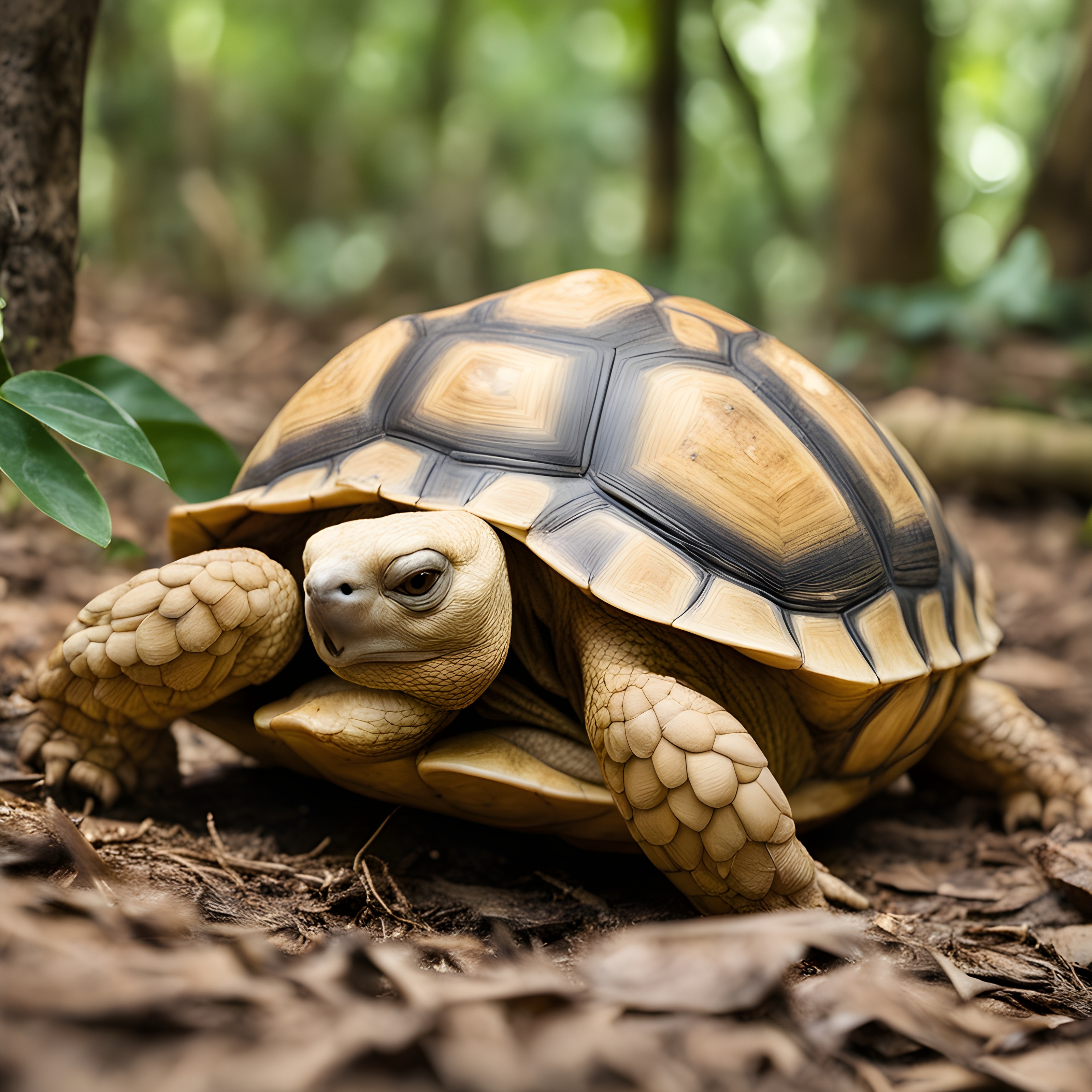
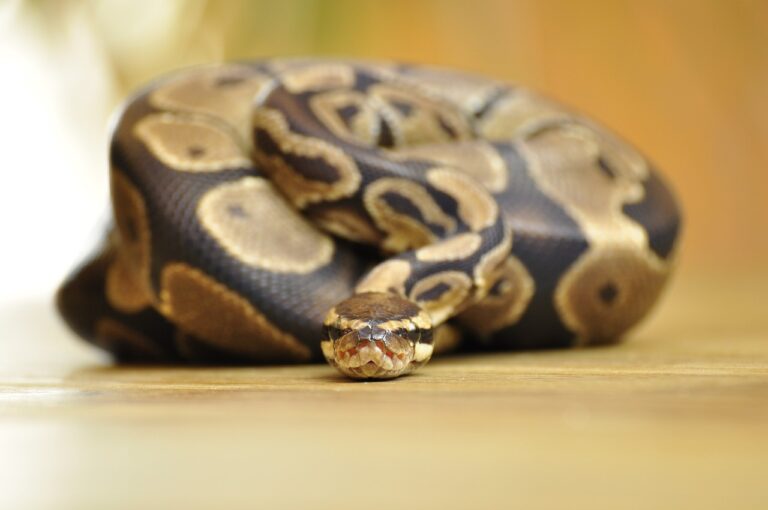
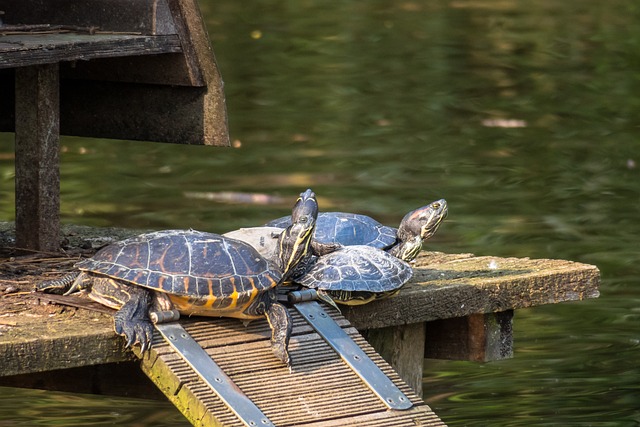
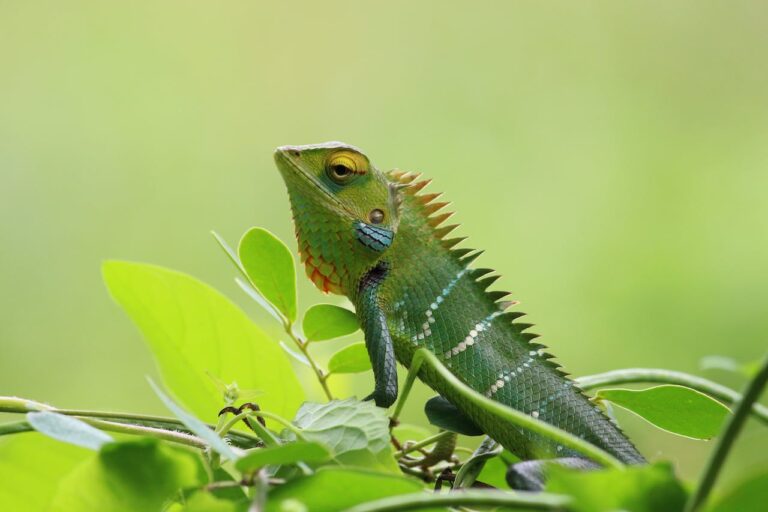
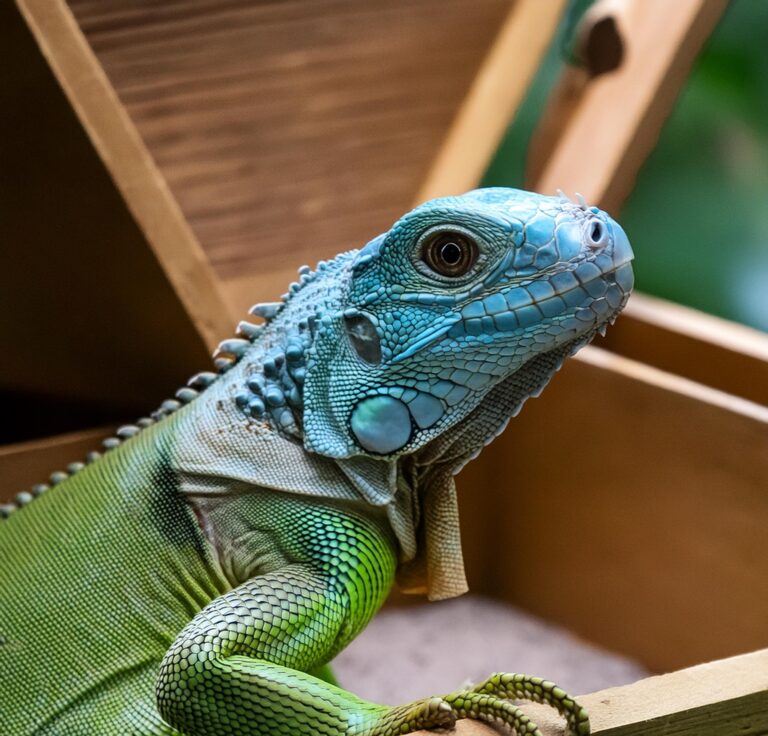

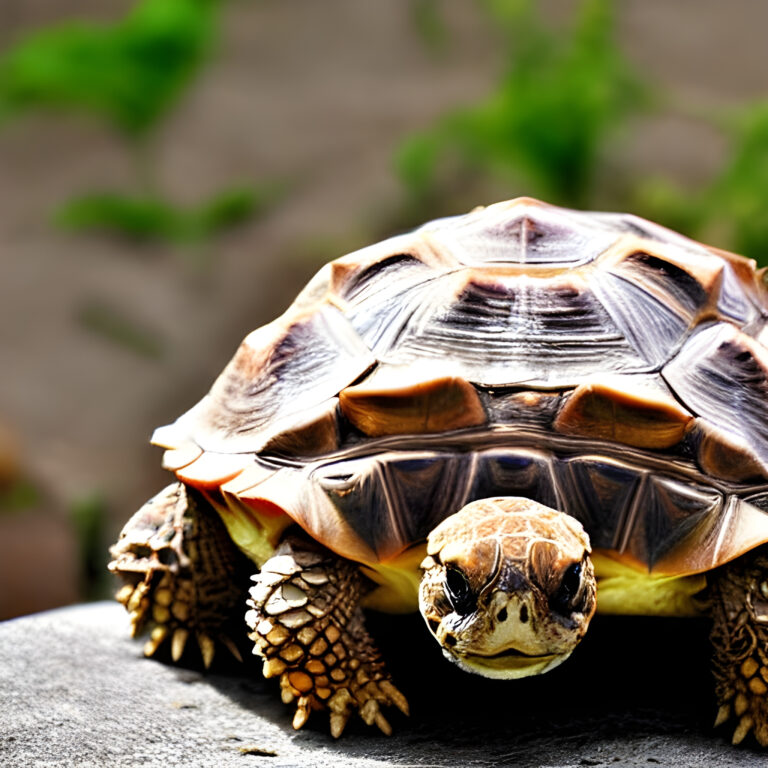
One Comment